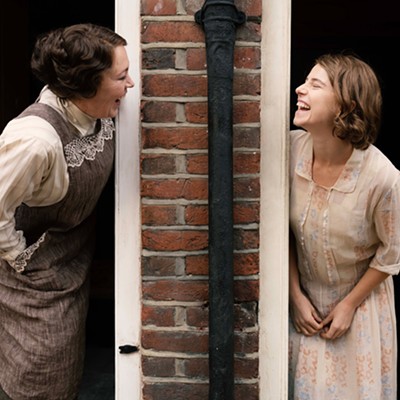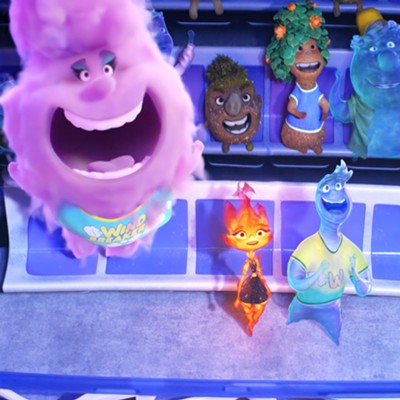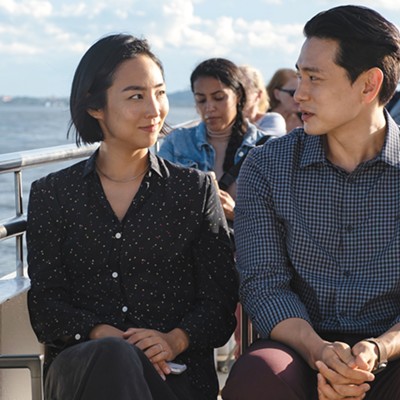Sex and drugs and rock ’n’ roll. Angst and anger and alienation. Rags to riches to heartbreak. We’ve seen this all before… but we haven’t, either. Not like this. There hasn’t been a movie like The Runaways, one about women rockers that’s just as raw and earthy and tough and pitiless as the ones about the men are. Josie and the Pussycats and Spice World this ain’t.
Of course, the music today ain’t like it was in the 1970s, either. The sex and the rebellion have been sapped from it, and that could have been how The Runaways went down, too: defanged and niced-up. But writer-director Floria Sigismondi — a music-video auteur making her feature debut — refuses to let that happen. Working from a book by one of her subjects, Cherie Currie, she has crafted a movie that surges with unchecked fury, that’s feminist in the best uncompromising way, eschewing ladylike requests for equality and replacing them with demands that cannot be ignored. In doing so, Sigismondi has captures the “rock ’n’ roll as a blood sport” ethos that one of its characters espouses.
She’s made a movie about unruly female rage, something we rarely get to see on film unless a woman has lost a child or a romance. Joan Larkin — or Joan Jett, as she’s already calling herself as a high school rebel — and Cherie Currie aren’t angry for any particular reason, or at least for no reason other than the ones that boys are allowed to be angry about: They’re teenagers. The world sucks. Their families are messed up. And no one wants to let them be what they want to be.
And then Jett meets promoter Kim Fowley, who quickly overcomes his skepticism about girl guitar players and hooks her up with singer Currie, and the Runaways are born. Some fans of the band are upset that the film glosses over members other than Jett and Currie, but — despite the title — the film isn’t about the band so much as it’s about how two different women react to sudden fortune in different ways, how their friendship ebbs and flows in reaction to their getting tossed into the gladiatorial arena of worldwide fame. (The “big in Japan” sequence is a sly embracing of the clichés of these kinds of movies while at the same time confounding them.) Kristen Stewart, as Jett, and Dakota Fanning, as Currie, turn in performances that are revelatory: The promise that they both showed as child actors (and which, in Stewart’s case, has not been well served by the Twilight phenomenon) crosses over here to genuine adult talent.
“This isn’t about women’s lib, it’s about women’s libido,” Fowley screams in one of the many wonderfully frenzied moments actor Michael Shannon imbues him with. Fowley’s excited about the possibility of these chicks, and while he is ever obnoxious in how he pushes them — like when he makes the band practice dealing with hecklers by hiring guys to come throw crushed beer cans and feces at them during a rehearsal — he’s never wrong. If he’s attempting to exploit them, Jett and Currie never accede and let themselves be exploited (or at least not any further than is beneficial to them). Perhaps the most truly amazing thing about The Runaways is how Sigismondi keeps all sense of the exploitive out of the film. That The Runaways manages to be about sex without being self-consciously titillating and about rage without being off-puttingly bitter is itself a cinematic miracle.



















